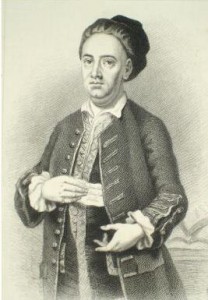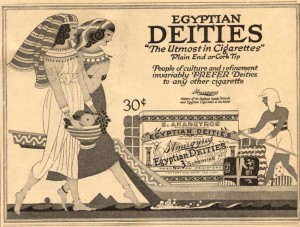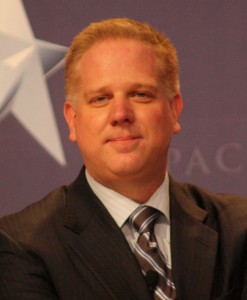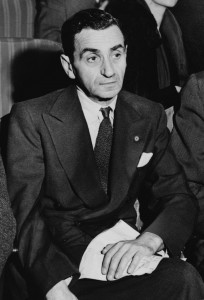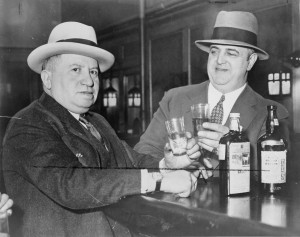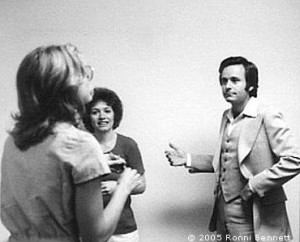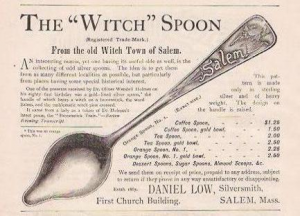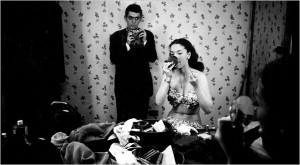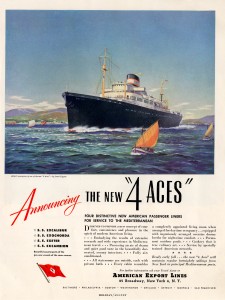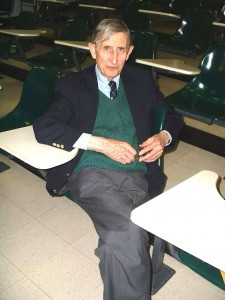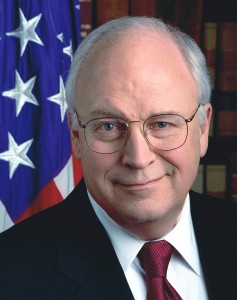The first person to ever use the term “magazine” for a periodical was Londoner Edward Cave, who used the word in 1731 for The Gentleman’s Magazine. A wide-ranging periodical that focused some of its space on reports from the American colonies, it was also the first place of employment for Samuel Johnson. Cave edited under the name Sylvanus Urban and put together a journal that had reprinted articles from other publications and original pieces. He died in 1754, but the magazine continued publishing until 1907.
I’m sure Cave was happy in that great beyond when an 1825 issue, ran an inscrutable piece entitled “Gigantic Organic Remains.” An excerpt:
“We lately mentioned that the bones of a nondescript animal, of an immense size, and larger than any bones that have hitherto been noticed by any naturalists, had been discovered about twenty miles from New Orleans, in the alluvial ground formed by the Mississippi River and the lakes, and but a short distance from the sea. It now appears that these giant remains had been disinterred by Mr. W. Schofield, of New Orleans, who spent about a year in this arduous undertaking. A fragment of a cranium is said to measure twenty-two feet in length; in its broadest part four feet high, and perhaps nine inches thick, and it is said to weigh 1,200lbs. The largest extremity of this bone is said to answer to the human scapula; it tapers off to a point and retains a flatness to the termination. From these facts, it is conferred that the bone constituted a fin or a fender. One of its edges, from alternate exposures to the tide and atmosphere has become spongy or porous, but, generally, it is in a perfect state of ossification.”

